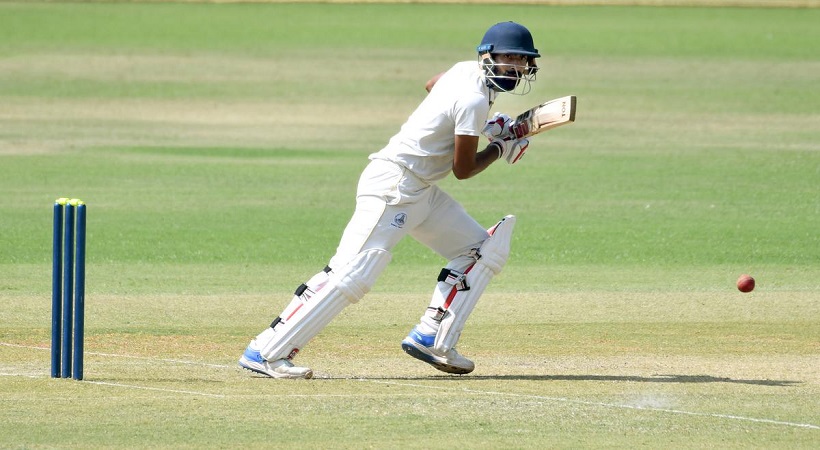Zainab Shaath… Palestine’s call is still urgent
“The Urgent Call of Palestine” is a song that Zainab Shaath released more than fifty years ago within the context of the Palestinian revolution. Today, the Majaz Foundation, which is concerned with preserving Palestinian heritage, is restoring the song in a modified version. The value of the artistic work comes from being one of the first publications that addressed the Palestinian issue in the English language.
The raging Palestinian revolution in the early seventies incited Shaath to sing in front of an audience. She sang about Palestine for the first time on the stage of Cairo University, where she was studying, when she was no more than sixteen years old. In addition to that experience in the Egyptian capital, Shaath at the time represented the Palestinian resistance at the International Festival of Singing, Music, Popular Folklore, and Documentary Films in Germany.
From the words of an Indian poet who lived in Egypt, Elita Panjabi, Shaath composed her first song, “Palestine’s Urgent Call.” Her sister suggested the words to her, and Shaath completed the song within two days.
The older sister, who was supervising an English-language singing and arts program on Egyptian radio, was able to push the song to be broadcast and achieve great success. Her words say: “Do you not hear Palestine’s urgent call? Tortured, wounded, and bereaved Palestine, with all its sons and daughters scattered. Do you not hear the sweet, sad voice of Palestine? It screams louder than the roar of guns, calling for all its daughters and sons. Do you not hear the torment of Palestine? Raise the flag of liberation high for “Palestine. Let us work for it or die. Let us all respond to Palestine’s urgent call.”
The success of this song encouraged Zainab Shaath to do more so that people outside the Arab world would know the suffering and pain of her people. From a book she found that included poems translated into English by the most prominent Palestinian poets, such as: Moin Bseiso, Mahmoud Darwish, Fawzi Turki, Fawzi Al-Asmar, and others, she chose a group of poems to sing, and she also sang by Tawfiq Ziad, Samih Al-Qasim, Fadwa Tuqan, and Suhail Barakat.
In Beirut, her first song, “Palestine Urgent Call,” was filmed. Shaath was surprised that the well-known Palestinian visual artist Ismail Shamout, who was then the director of the Cultural Arts Department in the PLO, asked her to photograph the song after he heard her singing it at a Palestinian festival held in Mount Lebanon.
Shaath was pleased with Shamout’s request, and she agreed immediately. Also on Mount Lebanon, the song was filmed in the summer of 1972.
The Palestinian singer appeared in the short video, sitting on a rock playing the guitar while singing. It was rare at the time for a girl to play the guitar, which attracted attention to her, and her picture appeared in a number of art magazines in the Arab world.
Also during that period, Shamout filmed for Shaath the song “Identity Card” (known as “I Am an Arab Record”) by Mahmoud Darwish, while the PLO produced a CD for it, which included, in addition to the two songs that were filmed, “Take Me to Palestine” from the poetry of Abdel Wahab. Al-Bayati, and “Resistant” by Moeen Bseiso, all of which were recorded by Shaath in English.
Shaath also sang at the Tenth International Youth Festival in Berlin (1974), as well as in Moscow, Russia, and Tbilisi, Georgia. She was also invited to sing in Baghdad, and the Iraqi radio recorded a number of her songs with her in Arabic as well as in English.
In Cairo, where she was studying, Shaath participated in a play called “Call of the Land,” which traced the history of the Palestinian issue since 1948. Through Egyptian theatrical work, Shaath performed a number of her most prominent songs, such as “As Long as It Is Mine” and “I Tell the World.” “Tighten My Bonds” from the poetry of Samih Al-Qasim, and “Palestinian Eyes and Tattoos,” “I Die of Longing,” “Palestine,” and “They Talk in Our Country” by Mahmoud Darwish, all composed by Adly Fakhri.
The history of the Palestinian singer, from the city of Khan Yunis in the Gaza Strip, does not include much, as her career stopped at the age of twenty-six, after she immigrated to the United States to get married and live there. However, her songs, during that fleeting stage of her life, recorded the story of a talented girl who embodied with her works one of the peaks of the Palestinian revolution. The wave of the Palestinian girl’s singing receded as the tide of the revolution receded at that time, so that the experience retained its freshness and romance.
In the middle of this short artistic biography is the song “Palestine’s Urgent Call,” the video of which was hidden for decades, after it was looted by the Israeli occupation army, in addition to what was looted from the PLO archives during the Israeli invasion of Lebanon.
The video appeared again in a newly produced Israeli film entitled “The Looted Archive” by director Rona Sela, whose subject is the stolen Palestinian archive. In this documentary film, a beautiful girl wearing the Palestinian keffiyeh appeared singing for her homeland while holding the guitar, The Urgent Call of Palestine. The song, like the experience, is still fresh.
In an initiative organized within its work to preserve Palestinian heritage, the Majaz Foundation released a modified version of the song’s video, and it is supposed to allocate a portion of the proceeds from viewing it on various social media platforms to support relief efforts directed at the Gaza Strip.


